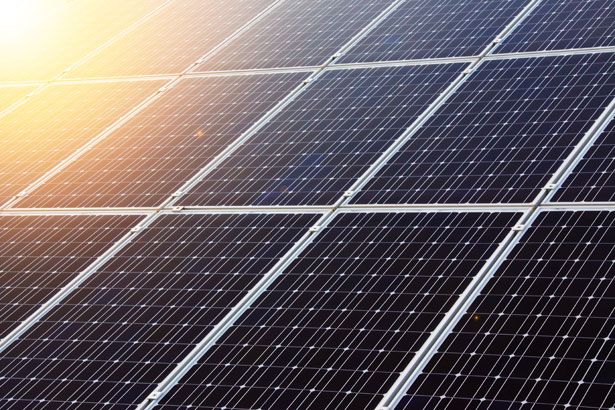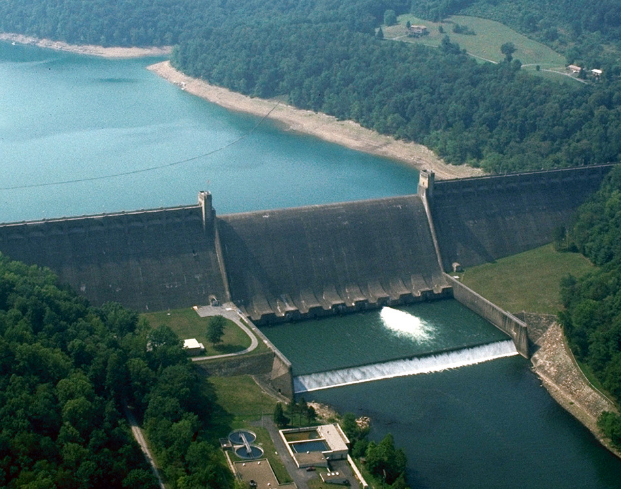How Green is Green Energy?
Published on by Dusko Balenovic, Previous Network Manager at The Water Network in Academic
Are low-carbon technologies ecologically friendlier than fossil fuels and nuclear power? A research compared these different energy sources and their environmental impact.
The research paper “Health benefits, ecological threats of low-carbon electricity” by Thomas Gibon, Edgar G Hertwich, Anders Arvesen, Bhawna Singh and Francesca Verones has analyzed the ecological impact of generating electricity from different renewable sources.
It analyzed the production, operation and dismantling of facilities, along with the production, transport and combustion of fuels.
The research has confirmed that fossil fuels contribute most to climate change. However, all energy sources do have at least some environmental effects.
A quarter of greenhouse emissions comes from energy production, mostly from fossil fuels.
Solar, wind, hydropower and geothermal hugely pollute less than fossil fuels.
Photovoltaics
 Manufacturing, setting up and operating photovoltaic panels results in less pollution than simply delivering fuel to a coal-fired power plant when mining is included.
Manufacturing, setting up and operating photovoltaic panels results in less pollution than simply delivering fuel to a coal-fired power plant when mining is included.
The production of photovoltaics (PV) doesn’t require too much energy and carbon emissions are as low as 1/10 of the most efficient natural gas power plants.
Additionally, respiratory human health problems from exposure are up to ten times lower than in coal-fired power plants with advanced pollution control equipment.
One downside of solar panels is that they require lots of space, but this can be overcome by putting them on rooftops. Otherwise, large portions of land are required which can have effect on the ecosystem.
Waste and recycling was not part of this study, but some of the PV panels are produced using toxic metals, so this aspect needs further attention.
Another downside is the solar panels are able to produce energy only in sunny conditions. Concentrating solar-thermal power, however, store light as heat and can make energy in the evening.
Hydropower
 Some dams have negative environmental effects due to methane emissions from the decomposing biomass in reservoirs.
Some dams have negative environmental effects due to methane emissions from the decomposing biomass in reservoirs.
Others prevent the aquatic species to migrate and reduce sediment flow and nutrient transport which has effect on the floodplains and deltas.
There are ways to overcome these environmental concerns by creating environmental stream flows and alternative passages for fish, detour fish ladders.
Biomass
 Burning plant material for generating electricity causes ecological damages almost as bad as coal or gas.
Burning plant material for generating electricity causes ecological damages almost as bad as coal or gas.
The land needed for the fast-growing plants requires lots of space but also has environmental impacts, affecting the species and ecological system as a whole.
Biomass burning does mitigate the greenhouse emissions, but it gives good results only when combined with carbon capture and storage.
In conclusion, there are technologies and resources which can slow down climate change but we need to be cautious of how we utilize them without endangering the ecosystems.
Media
Taxonomy
- River Engineering
- Dams
- Renewable Energy
- Biomass
- Hydroelectric Energy
- Green Economics
- Solar Power